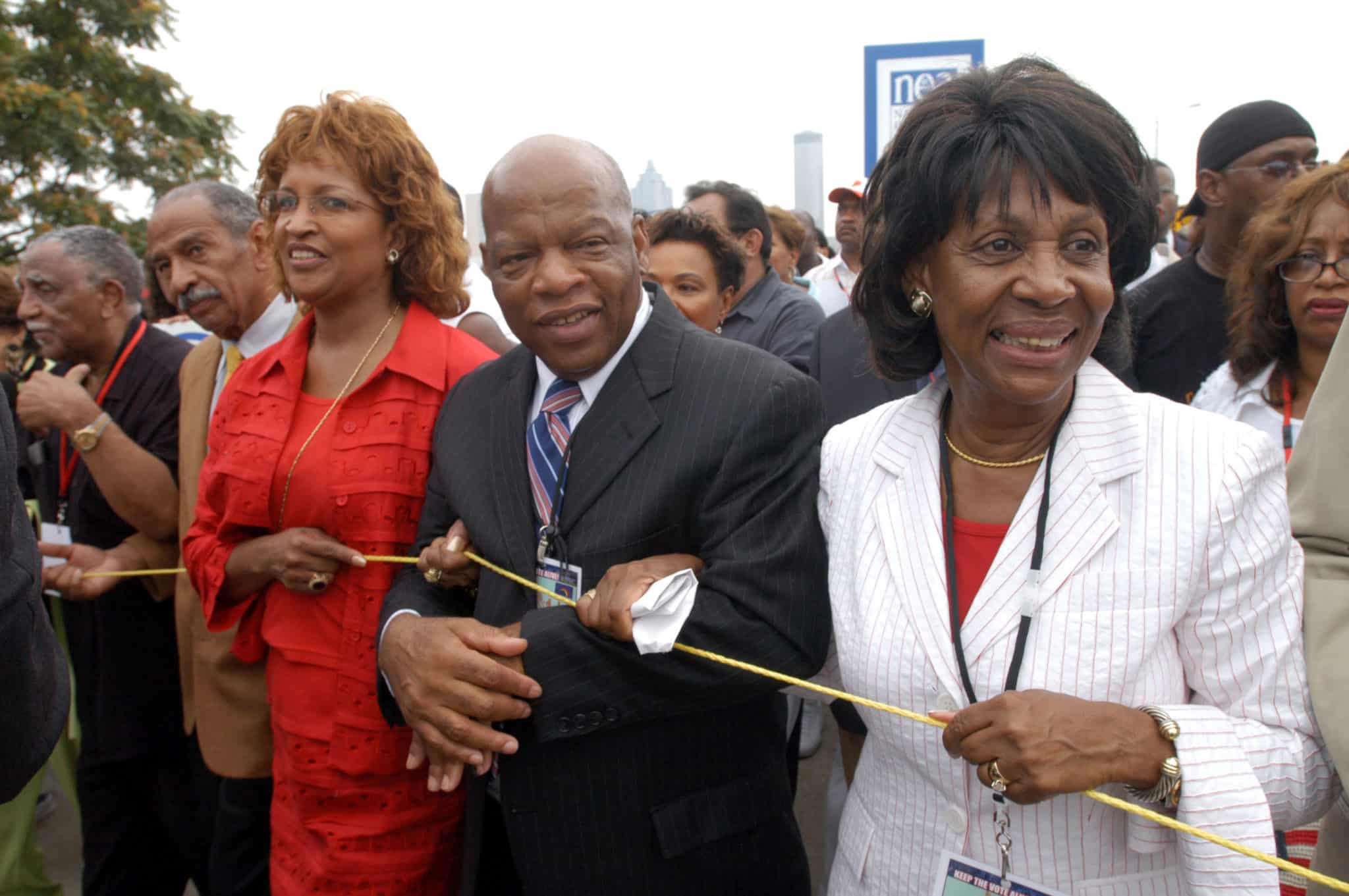
In February 2000, I headed to Washington D.C. for a national public policy conference for the Los Angeles chapter of the Alzheimer’s Association.
I was thrilled that the opening speaker was Rep. John Lewis (D-Ga.), one of the last living civil rights leaders and a personal hero. Because I greatly admired his leadership role at such a young age during those turbulent years of the 1960s and 1970s, I had pre-purchased his memoir, “Walking with the Wind” and had packed my favorite black suit with dressy heels to wear at the opening plenum.
I was booked on a direct flight from LAX but mechanical problems grounded the flight. I caught a connecting flight in Chicago and arrived late at night in D.C. Unfortunately, my luggage didn’t make the trip with me. I had no choice but to wear the same pair of old blue jeans I had crossed the country in, along with my once white, now gray beat up sneakers. At least I had a nice blazer. I woke up, jet-lagged and with a headache. I decided to sit at the back of the room and to skip getting my book autographed.
Rep. Lewis was steadfast in his passion about the power of people to come together and make a difference. He shared stories from his own childhood of poverty, the rampant racism in the south and that he was so angry at a system that allowed racial hatred and inhumanity to exist.
He encouraged our family advocates to turn their feelings of profound sadness at seeing a beloved elder lose the ability to take care of themselves and to forget who they were, into a movement, in his words “fueled not just by anger and rage but by moral authority, by the sense of a human righteousness fueled by the spirit.”
He also shared a story that frames his memoir, about a stormy afternoon at his Aunt Seneva’s house, when the only way they could stop a howling storm from picking up the wooden house was by the 15 children holding hands and walking as group toward the corner of the room that was rising.
I ran up afterwards, clutching my book and trying to pull the blazer over my stained jeans. He chuckled when I explained my casual attire, and when I told him I belonged to Temple Beth Am in Los Angeles, he leaned in and smiled widely. “So, tell me,” he said, “How is Rabbi Pressman and his lovely wife, Marjorie doing? Please tell them that I miss eating at the delis with them and I will see them the next time I come to L.A.”
In 1965, Rabbi Jacob Pressman was one of almost 300 Southern Californians who walked with the Rev. Martin Luther King Jr. in Montgomery, Ala., and he had kept up a friendship with Rep. Lewis over the years. I felt such a sense of pride that our emeritus rabbi had joined in that historic event, possibly over the objections of many of his congregants at the time.
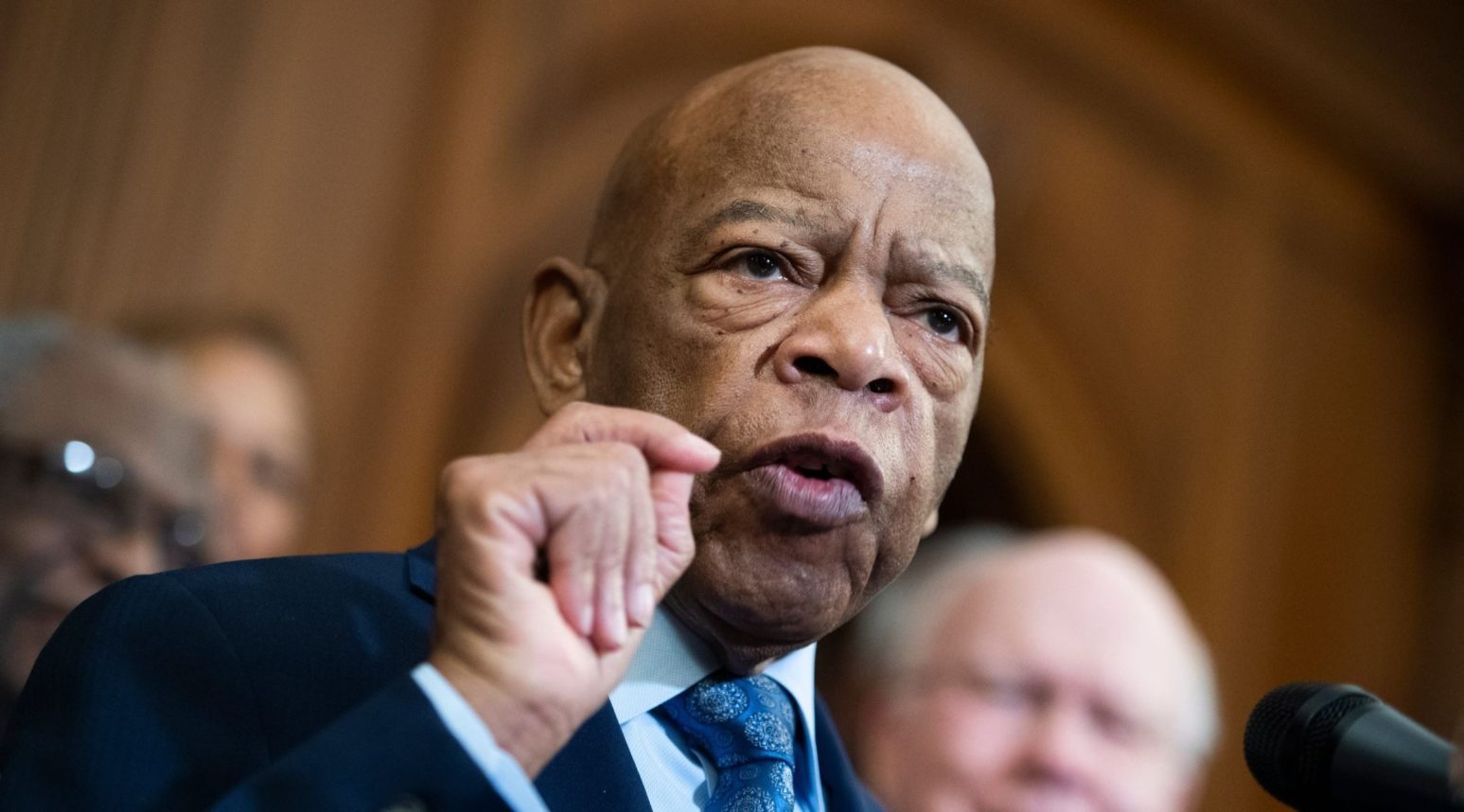
Life moved on and our second child was diagnosed with global developmental delays at 11 months. It soon became clear that the only way to get all the services needed for a child with special needs such as speech therapy, physical therapy and more was to be an outspoken advocate, to learn the new arcane acronyms and understand program eligibility and guidelines. There were completely new systems to figure out such as regional centers, funded by federal and state dollars along with health insurance companies. Once your child received services, they had to show measurable progress, but if they progressed too fast, they could lose eligibility. If they didn’t make progress, they could lose eligibility and if they “plateaued” they could also lose services.
Getting help and advice from other parents, especially those who had children a bit older, was priceless. No one would make it alone. We all needed each other to succeed. Parents and grandparents talked to each other in waiting rooms, and later online on Listserves and eventually Facebook groups. Without that shared knowledge and information, we would have been left to navigate this strange and confusing landscape on our own.
So, it is at this extremely painful moment in our time. Should we stay in our usual comfort corners, or do we link virtual hands and move forward together, as friends, as advocates and as allies?







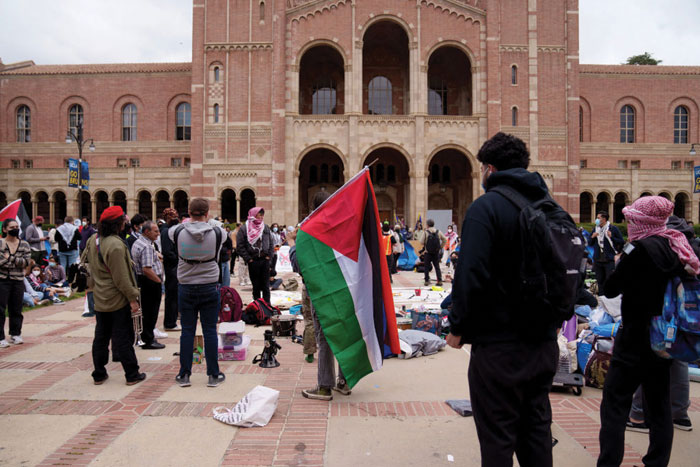

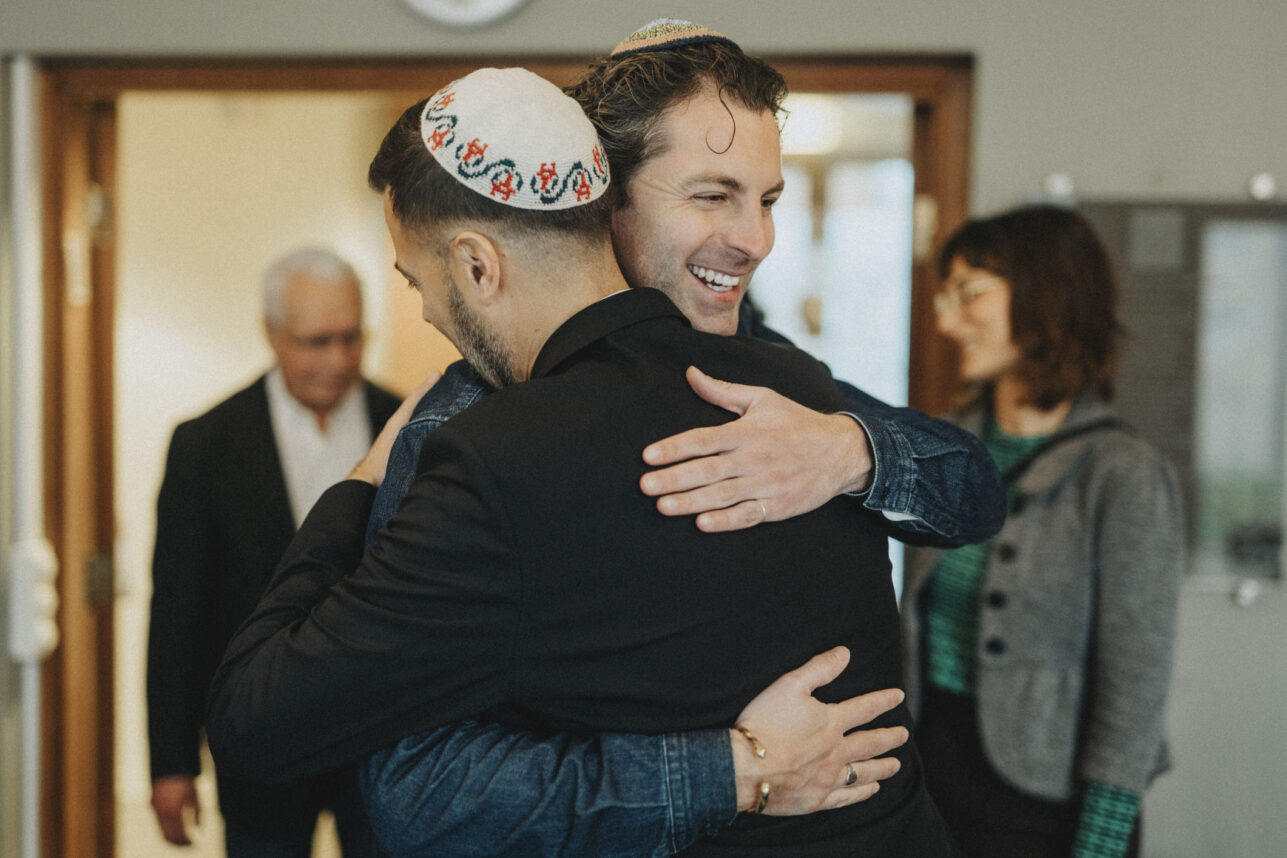
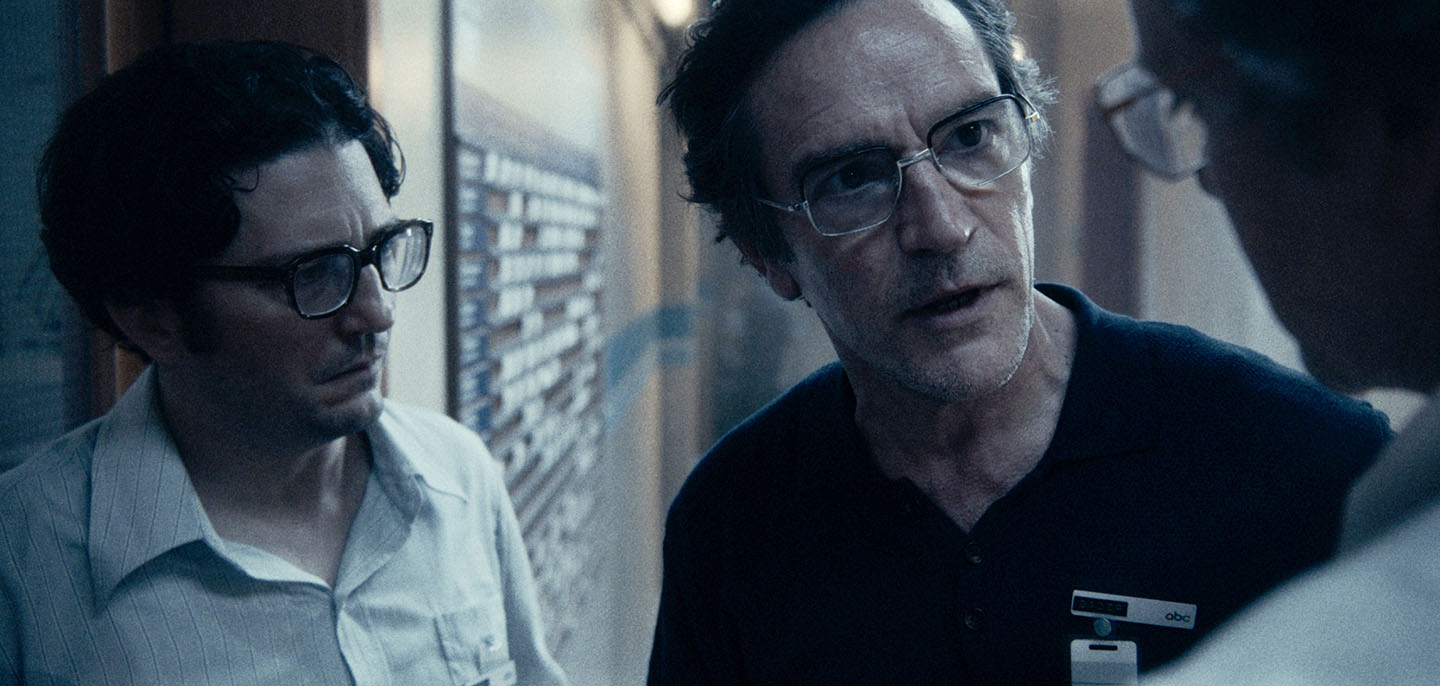


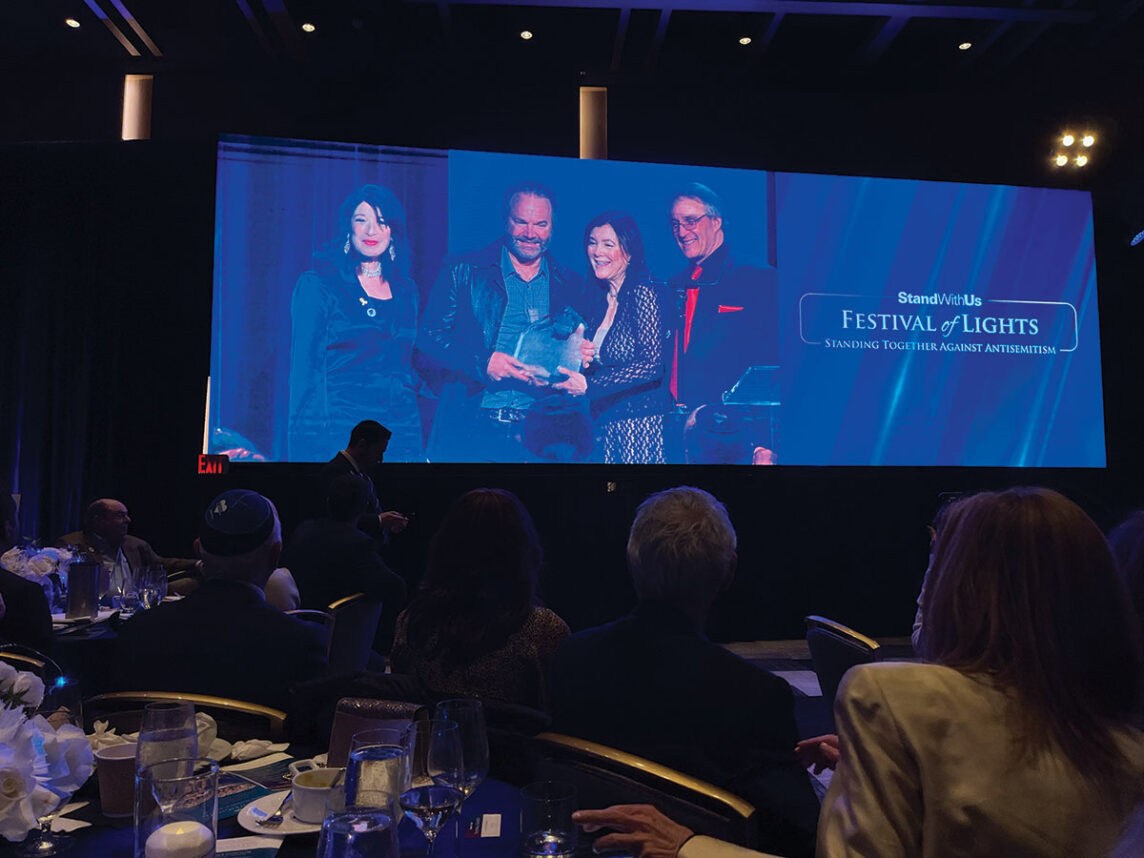
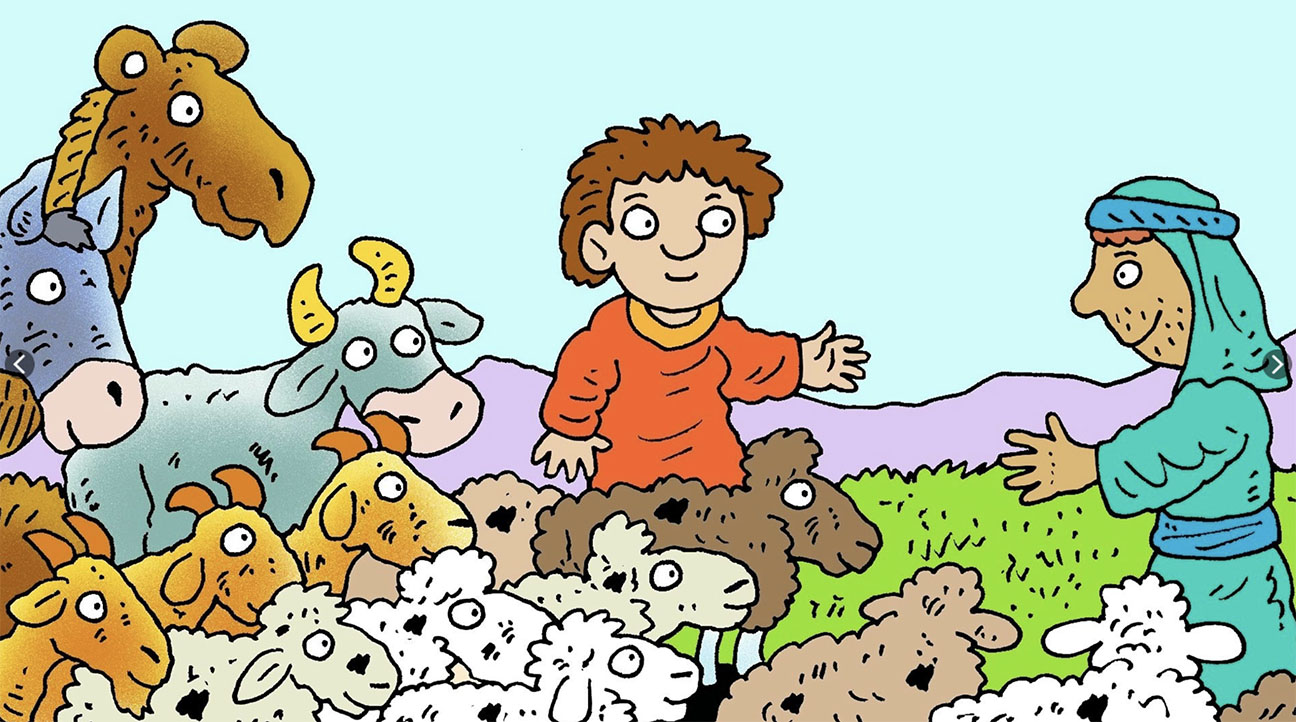
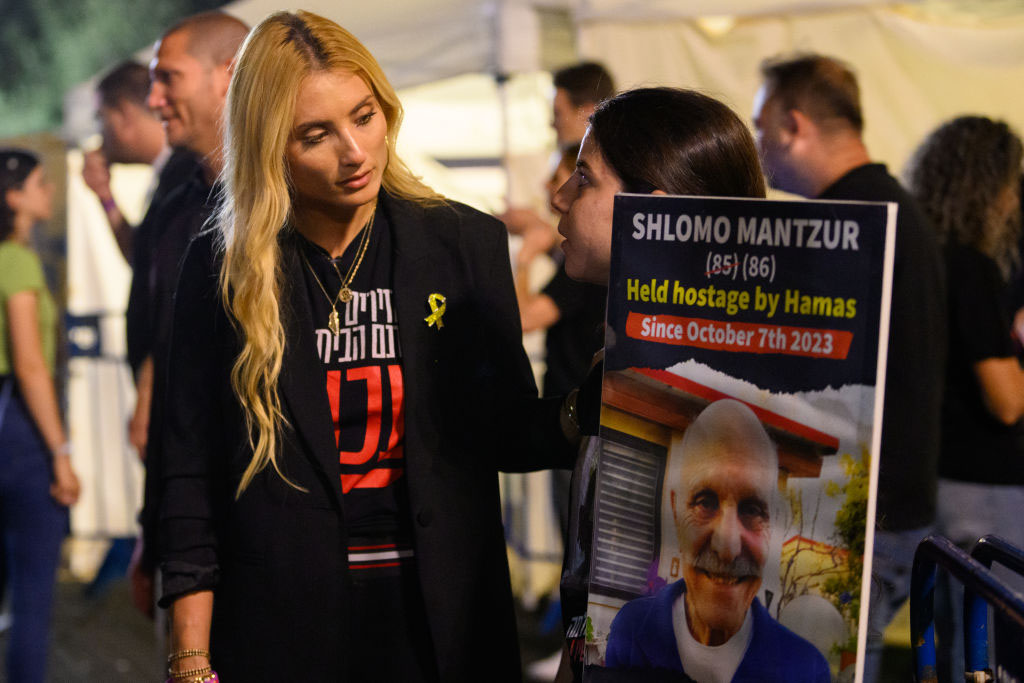
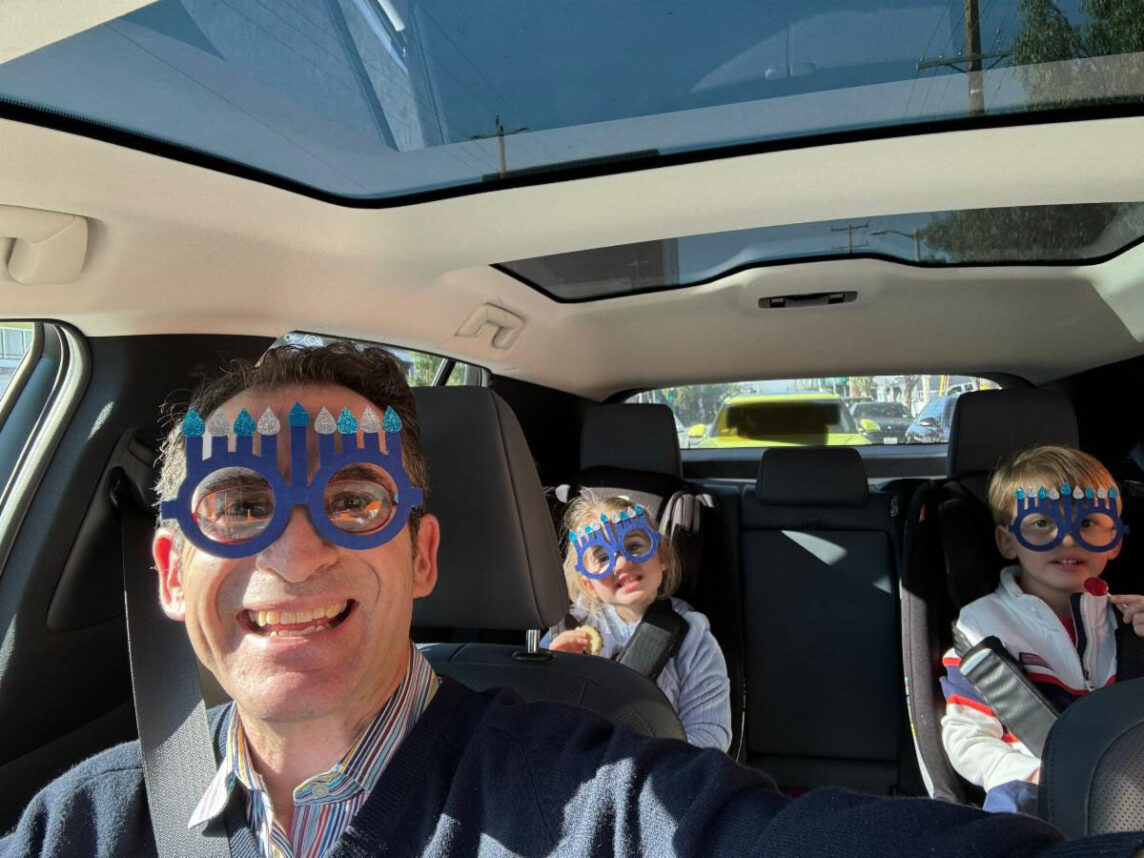





 More news and opinions than at a Shabbat dinner, right in your inbox.
More news and opinions than at a Shabbat dinner, right in your inbox.